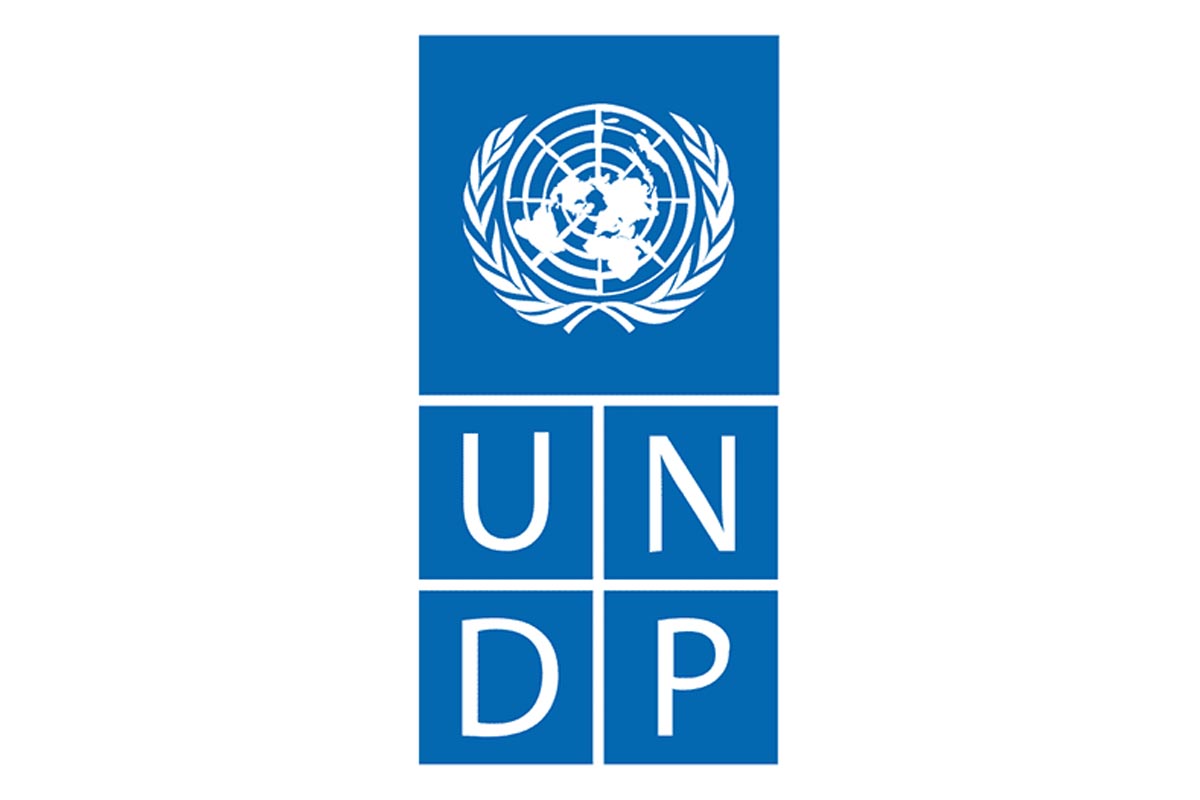It is not all gloom in Sri Lanka
A popular catchphrase during Sri Lanka’s recent protest movement was that the country has hardly achieved any progress since its Independence 74 years ago
The importance of the GKI, based on 133 variables, is that it provides a summary measure for tracking the knowledge performance of countries in seven broad areas ~ pre-university education, technical vocational education and training, higher education, research, development and innovation, information and communications technology, economy, and the general enabling environment.

With a score of 44.4, India ranked 75th in the world and was significantly ahead of other South Asian countries in the Global Knowledge Index 2020 released by the United Nations Development Programme (UNDP) and the Mohammed bin Rashid Al Maktoum Knowledge Foundation earlier this week.
Of the 138 nations surveyed, Switzerland expectedly topped the Index (the fourth time in a row) with a score of 73.6, the USA came in second (71.1) and Finland was third (70.8). Within South Asia, Sri Lanka (42.1), Bhutan (40.9), Nepal (36.2) were ahead of Pakistan and Bangladesh, both these countries scoring 35.9.
Advertisement
The importance of the GKI, based on 133 variables, is that it provides a summary measure for tracking the knowledge performance of countries in seven broad areas ~ pre-university education, technical vocational education and training, higher education, research, development and innovation, information and communications technology, economy, and the general enabling environment.
Advertisement
The abiding truth, however, is that knowledge is more than just a sum of its parts. Nonetheless, an objective measuring mechanism is vital in times of political demagoguery and exaggerated claims.
The concept of knowledge is in itself an extremely fluid one, often linked to related concepts such as the knowledge economy/society. It is also sometimes limited by a narrow understanding which restricts the focus of knowledge to education and/or technology.
To that extent, the GKI enables a more scientific and evidence-based linkage between development and knowledge. How the data thrown up by the Index is understood by policy establishments the world over and put to use in the formulation and implementation of policies is the key.
For example, in India, successive governments have used the country’s improving human development and sustainable development indicators as defined by UN agencies as milestones to make the argument that the quality of life for citizens is improving.
This, in turn, has resulted in successive Opposition parties comparing India’s performance to that of, say, China’s, to the latter’s advantage.
So, without lending weight to a purely reductionist understanding of the economy, it is important to underline that economic growth and sustainability/human development are often at odds with each other, especially when it comes to democracies in the developing world. Are these efforts at improving the human condition, then, merely an intellectual exercise in the search for utopia by those who don’t have to worry about where the next meal is coming from? Of course not.
But the empirical evidence obtained by the GKI, sustainable development index, human development index and their ilk needs to be used to compliment, not replace, the core task of governments which is to ensure optimum conditions for the generation of wealth; equitably where feasible but ensuring growth at all costs.
For that to come to fruition, competence, efficiency, and merit must always command a premium. To paraphrase a former US President, it’s always the economy, stupid.
Advertisement